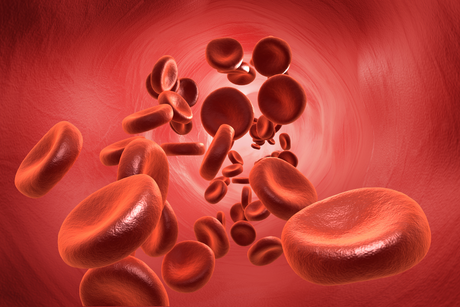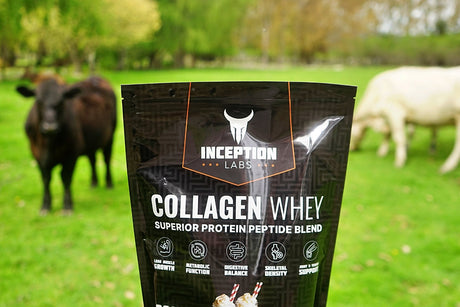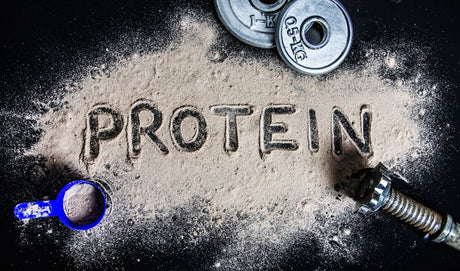What are Branched Chain Amino Acids (BCAAs)?
Amino acids are the building blocks of protein, and the body uses 20 different amino acids to create proteins. Nine of these 20 amino acids are considered essential because the body cannot produce them on its own. The other 11 amino acids are non-essential because the body can produce them. However, all 20 amino acids are important for the body to function correctly. Branched-chain amino acids (BCAAs) are a type of amino acid that is classified as essential. There are three BCAAs: leucine, isoleucine, and valine. BCAAs are necessary for muscle growth and repair, and they also help to prevent fatigue during exercise. The body does not store BCAAs, so they must be consumed through diet or supplements.
What do BCAAs do?
BCAAs play several important roles in the body. They are necessary for muscle protein synthesis and can help reduce muscle damage and soreness after exercise. BCAAs also play a role in energy production and may help improve endurance performance. Additionally, BCAAs are necessary for immune function.
What do BCAAs do for the immune system?
BCAAs play a role in both innate and adaptive immunity. Innate immunity is the first line of defence against infection. It involves non-specific measures such as inflammation and phagocytosis (the process of our cells ingesting and destroying bacteria, viruses, and other foreign invaders). BCAAs promote innate immunity by increasing the expression of genes involved in inflammation and phagocytosis. Additionally, BCAAs help protect against infection by boosting the activity of neutrophils, macrophages, and other immune cells.
Adaptive immunity is more specific than innate immunity and involves the development of antibodies that target specific pathogens. BCAAs support adaptive immunity by promoting T-cell proliferation and activation. T-cells are important for fighting infection, and BCAAs may help improve immune response to certain conditions and illnesses.
How do BCAAs help to regulate inflammation?
BCAAs help to regulate inflammation by binding to receptors on cells called toll-like receptors (TLRs). TLRs are important in the immune system because they help to identify foreign invaders such as bacteria and viruses. When BCAAs bind to TLRs, they help to reduce the production of pro-inflammatory cytokines. This can help to reduce inflammation and protect against health problems caused by overactive inflammation.
In addition, BCAAs can help preserve muscle mass during periods of inflammation, which helps prevent muscle atrophy development. Therefore, taking BCAA supplements may help reduce chronic disease risk by regulating inflammation.
Are BCAAs important for people with autoimmune diseases?
Autoimmune diseases occur when the body's immune system mistakenly attacks its cells. This can lead to various health problems such as arthritis, Crohn's disease, and lupus.
Many people with autoimmune diseases find that their symptoms improve when they take BCAA supplements. BCAAs may help to reduce inflammation in people with autoimmune diseases and improve their symptoms. The truth is that there is no definitive answer, and the decision to take BCAAs should be made on an individual basis. However, some things to keep in mind if you are considering taking BCAAs are:
- It is important to talk to your doctor to make sure that they are safe for you to take.
- Be sure to purchase a high-quality supplement from a reputable company.
- Start with a small dose and increase slowly to see how your body reacts.
With these guidelines in mind, you can make an informed decision about whether or not BCAAs are right for you.
How can you get more BCAAs?
The best way to get enough BCAAs is to eat a balanced diet with plenty of protein-rich foods while supplementing with a BCAA supplement. Good protein sources include meat, poultry, fish, eggs, dairy products, legumes, nuts, and seeds.
When looking for a BCAA supplement, it's important to choose one of high quality. Here are a few things to look for:
- The first ingredient should be leucine, the most important of the three BCAAs.
- There should be a 2:1:1 ratio of leucine to isoleucine and valine. This ratio is found in nature and has been clinically validated to be the most effective for muscle building, recovery and immune support.
- The top-tier BCAA supplements include a full spectrum BCAA/EAA blend.
- The supplement should be free of fillers and artificial ingredients. Look for a short, simple ingredient list.
By following these guidelines, you can be sure that you're choosing a high-quality BCAA supplement that will give you the best results.
Supplement Solutions customers love:

|
 |
| Inception Labs Fortitude | ATP Science Zeus Juice |
| Kodiak Sports BEAAr Mode |
Author
Walley, Elise. 2022. BCAA Supplementation and Immune Function.











